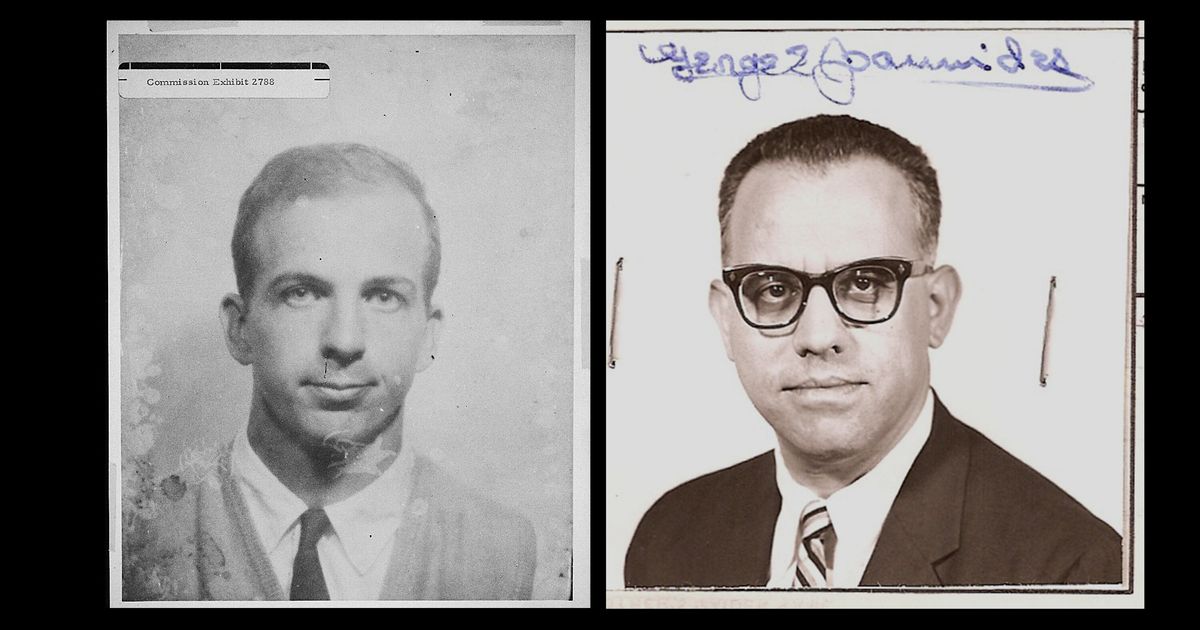Unveiling the Truth Behind JFK Assassination Documents
The article explores Oliver Stone's film "JFK" and its portrayal of Jim Garrison's investigation into a CIA-led conspiracy behind Kennedy's murder. Stone's movie stirred controversy by challenging the Warren Commission's findings and highlighting inconsistencies in the official narrative. The author discusses Jefferson Morley's meticulous research into CIA documents, revealing potential ties between Lee Harvey Oswald and intelligence agencies. Morley's discoveries suggest a deeper level of government involvement in Kennedy's assassination than previously acknowledged.
The content also touches upon key figures like George Joannides, who obstructed investigations into Oswald's connections with anti-Castro groups. The article highlights how CIA secrecy and manipulation hindered efforts to uncover the truth behind JFK's death. By examining historical records and witness testimonies, Morley uncovers a network of covert operations that may have influenced Oswald's actions leading up to the assassination.
Through detailed analysis of declassified documents and interviews with former CIA officials, Morley challenges conventional narratives surrounding JFK’s murder. His work underscores the importance of transparency in historical investigations and raises critical questions about government accountability in cases of national significance.
요약 맞춤 설정
AI로 다시 쓰기
인용 생성
소스 번역
다른 언어로
마인드맵 생성
소스 콘텐츠 기반
소스 방문
nymag.com
What Really Happened to JFK?
핵심 통찰 요약
by Scott Sayare 게시일 nymag.com 11-09-2023
https://nymag.com/intelligencer/article/jfk-assassination-documents-national-archives.html
더 깊은 질문
